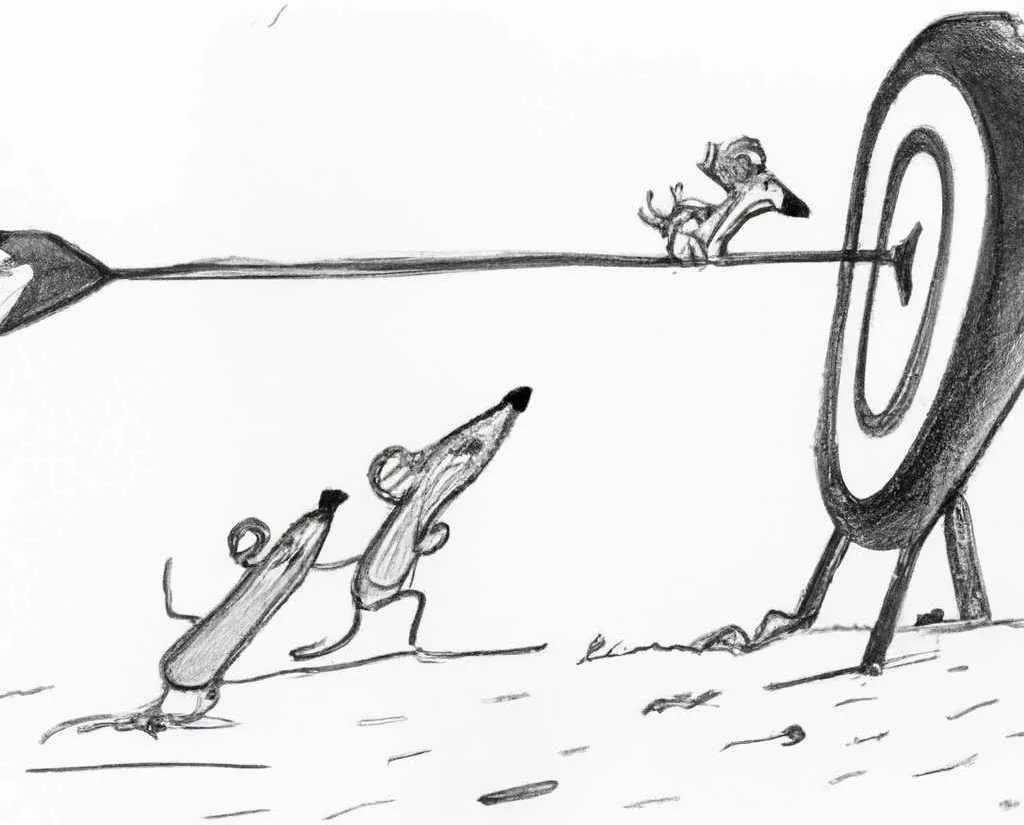RC-AVPDirect Epidemio-Statistics — High-quality Clinical Study Design
We help SMEs and innovative companies leverage precise data, model and score risks, anticipate adverse events, and create value-driven services.

What does our consulting service include?
Helping you at every step of your study design
Our consulting focuses on your research question and objectives, the choice of study type, sample size, key variables, the statistical analysis plan, the strength of your rationale, and ongoing support.

Examine the question and objectives
We carefully review the research question and objectives to ensure they are clearly defined and feasible. With our focus on epidemiology and statistics, we assess how the project addresses questions such as:

- Is the question clearly defined and focused?
- Is the research feasible?
- Is the question important and relevant?
- Does the question fill a knowledge gap?
- Is the method ethical and compliant with applicable regulations and guidelines?
- Will the study design answer the question and meet the objectives?
- Are data collection and analysis methods appropriate?

Choose the appropriate study type
We work with the clinical research team to identify the most appropriate study design, considering the research question, available resources, and ethical constraints. We assess whether the chosen design:

- Best addresses the question
- Is feasible given resources (time, funding, personnel)
- Is ethically sound and follows human-subjects protection guidelines
- Enables appropriate data collection to answer the question
- Allows appropriate data analysis
- Is realistic and practical to implement

Calculate sample size
We work with the clinical team to compute sample size based on statistical power and precision requirements. Sample size depends notably on:

- Study type
- Desired precision
- Estimated effect size
- Chosen statistical significance level
- Population variability
- Available resources, such as funding or staff

Define key variables
We help the clinical research team identify and define the key variables to be measured and analyzed. These variables should be:

- Relevant to the study’s research question
- Aligned with the characteristics of the target population
- Appropriate for the selected study design
- Measurable with available instruments
- Collectable and analyzable given available resources

Statistical analysis plan
We collaborate to draft a detailed statistical analysis plan describing the methods to analyze the data, including multivariable techniques where needed. The plan:

- Describes how the data will be analyzed to answer the question
- Accounts for study design (data types, sample size)
- Specifies the statistical tests for the key variables
- Sets the statistical significance level
- States the assumptions of the statistical tests
- Explains how missing data will be handled

Strengthen the scientific rationale
We review and revise the research proposal to ensure it is clearly written, well organized, and includes all necessary information and detail.

- Clarity, effectiveness, and readability of the language
- Logic and coherence of the presentation
- Is the section order appropriate?
- Is the study presentation complete?
- Are all relevant details included?
- Are facts and data accurate and well interpreted?
- Are informed consent and human-subjects protection addressed?

Expert support in clinical research
We remain available to provide ongoing support and guidance to the clinical research team throughout the study, including assistance with data analysis and interpretation. We can help with:

- Developing the protocol, identifying the study population, or selecting measures
- Designing data-collection forms, training, or assisting with accurate and consistent data capture
- Helping draft the statistical analysis plan or interpret statistical results
- Providing support and advice as needed
- Addressing questions and emerging challenges
Why work with us?
To design studies
with the best chance of success

Direct Epidemio-Statistics provides comprehensive support throughout your clinical study design process.
Choose us as your partner to design a high-quality clinical study that meets your research objectives and maximizes your chance of success.
Our support helps you to:
- Sharpen your study focus and clarify objectives
- Improve the reliability and validity of results
- Increase the likelihood of meaningful findings
- Enhance data quality and the validity of conclusions
- Strengthen your argumentation and the impact of your research
- Ensure your study is well planned and executed
Answers to questions you may have
Frequently Asked Questions
— What experience and expertise does Direct Epidemio-Statistics have in clinical study design?
Our team has strong academic training, with advanced degrees in machine learning and postdoctoral experience in epidemiological statistics. Team members have published in leading journals. The company is also approved for France’s CIR research tax credit (2022–2027). This combination of education, training, and experience provides high-level expertise in clinical study design and epidemiological statistics.
— How does your consulting improve clinical study design?
We improve design through key elements: sharpening the target and objective, selecting the appropriate study type, computing optimal sample size, identifying and defining key variables, strengthening the rationale, and supporting the design process end-to-end. Focusing on these levers leads to more reliable, valid, and impactful studies.
— What specific services do you offer to improve study design?
We offer: research-question framing, study-design and sample-size selection, key-variable identification and definitions, document review with feedback, development of a strong research rationale, training and support for data analysis and visualization, and guidance on effective communication of the project and its results.
— How do you tailor your advice to specific needs and goals?
We collaborate closely to understand your context and tailor services accordingly—custom training or support, a bespoke design-improvement plan, targeted advice on question definition, study type and sample size, key-variable definitions, and development of a strong rationale.
— What do your consulting services cost?
Pricing depends on factors such as one-off vs. ongoing engagement, the project’s budget, and client type. One-off consultations are often costlier per unit of work than longer collaborations. Pricing may also reflect involvement in dissemination (e.g., journal publications) and the visibility it brings.
— How do you stay current with the latest developments?
We stay current by collaborating with experts and monitoring academic journals and industry publications.
— How do you communicate and collaborate during projects?
We ensure needs are met via regular progress check-ins, online collaboration tools, feedback loops, and clear objectives. We adapt and revise plans when needed.
— How does invoicing work with public hospitals?
We understand public-hospital invoicing can be complex. In France, hospitals typically use CHORUS, the national portal for payments to public-sector vendors. We require the PI (or an authorized signatory, e.g., department head) to approve the quote and the target department for e-invoicing. VAT considerations are usually neutral since hospitals collect VAT.
— What are the deliverables?
A synthesis report (PDF in English and/or French) summarizing epidemiological-statistical and methodological contributions. Depending on scope, contributions may be made directly in your working documents (word processor, spreadsheet). Each full engagement includes an onsite debrief. Travel costs from Rennes may apply.
— What are the timelines?
Typical projects take 14–28 calendar days. Timing depends on scope (full or partial), our familiarity with the topic, workload, and your needs. In general, work starts upon order signature and completes no later than the call-for-projects submission date.
— What are the engagement prerequisites?
We require: an estimated total project budget (EUR incl. VAT), a defined project duration (12, 18, 24, 36 months or more), our role as statistical/method contributor, and disclosure of factors that affect data collection costs/risks and the epidemiological-statistical analysis (working hypotheses, sampling, power, correlation, etc.).
